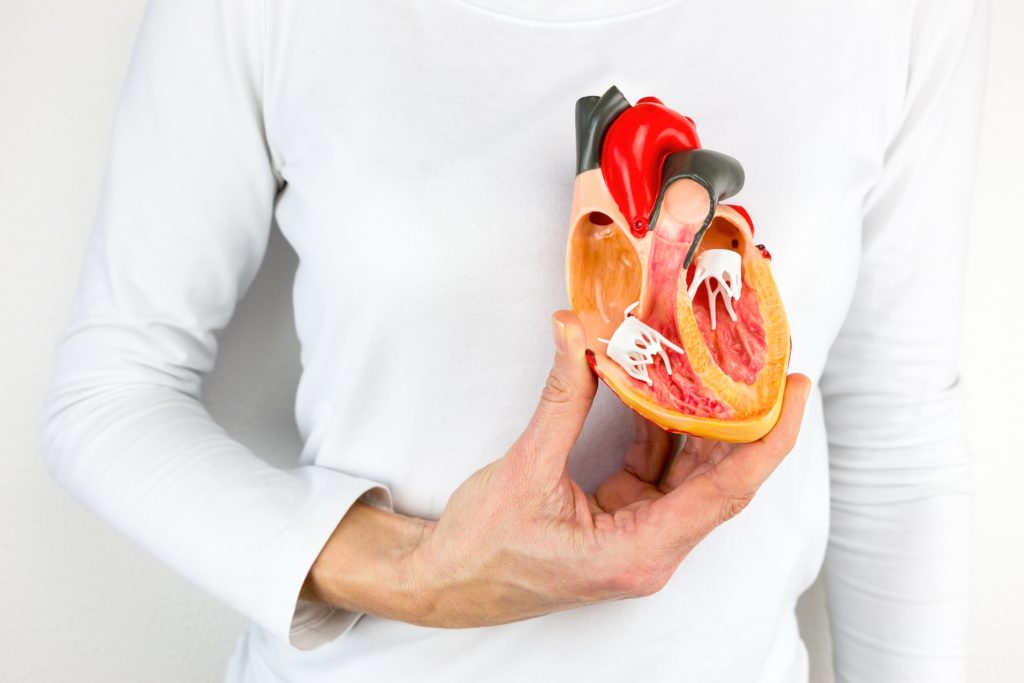Keep up the good work’ is the theme of this issue of BJPCN, with latest figures showing that the structured care we provide to our patients is helping to save lives. But we are not there yet – so we are looking at remaining challenges in managing cardiovascular disease and what more we can do to really make a difference to our patients’ lives.
























